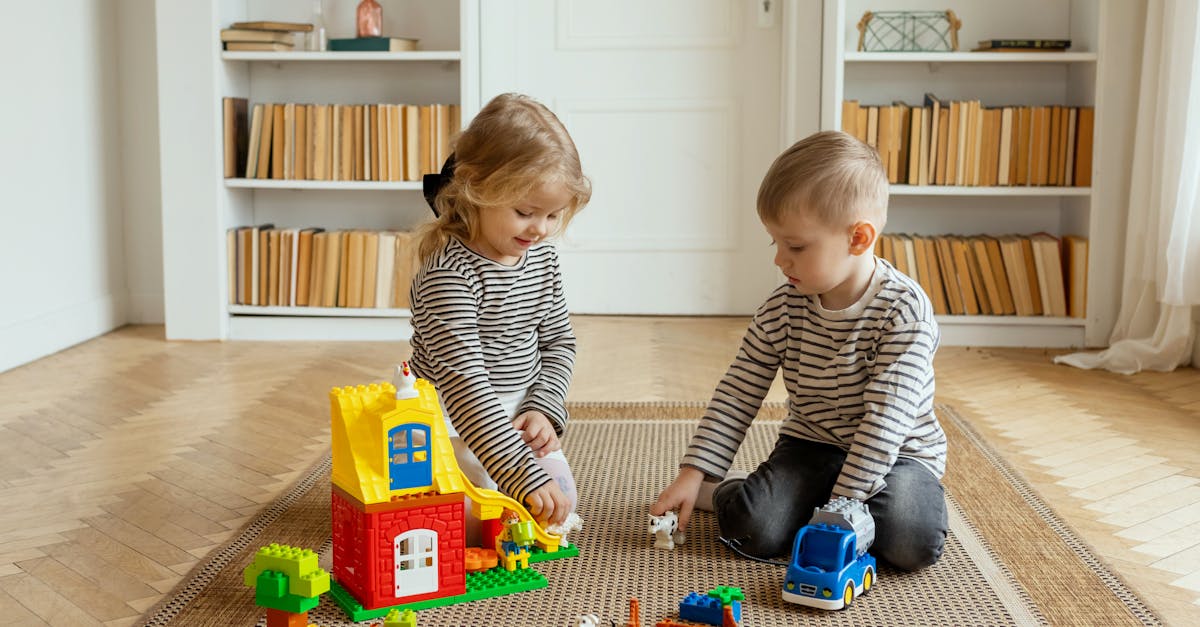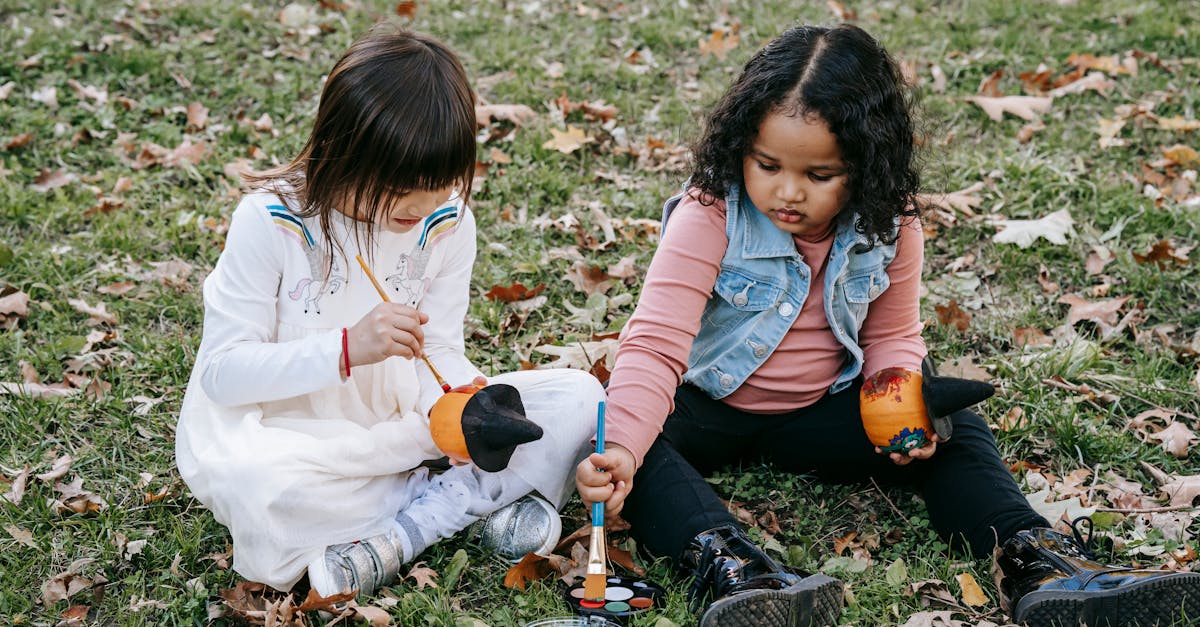Understanding Toddler Shyness
Shyness is common in toddlers and often misunderstood. Recognize it as a part of their personality development. Don’t worry; it’s completely normal! Shy toddlers need compassionate guidance. Understanding their feelings can make a huge difference in helping them develop confidence. Remember this phase is temporary and a precursor to their independent personalities.

Creating a Safe Environment
A safe environment can boost your toddler’s confidence. Make home a supportive space where they feel comfortable expressing themselves. Small changes in surroundings might make a significant impact.
Decorate with fun colors and their favorite toys. Create spaces where they enjoy spending time, fostering a sense of security and self-assuredness.

Encouraging Playtime with Peers
Playtime with peers can vastly improve social skills. It is essential to encourage interactions without being forceful. Here are some tips to help facilitate playtime:
- Set up playdates with other children to provide opportunities for socialization.
- Attend story hours at the library where your child can engage with others in a structured setting.
- In the beginning, your presence can provide comfort and security to your child.
- Gradually, allow them to explore interactions at their own pace, stepping back as they become more comfortable.
- Over time, they will likely initiate play and develop increased social confidence.

Encouraging playtime with peers is an important part of child development and can have long-lasting benefits on their social skills and confidence.
Using Positive Reinforcement
Positive reinforcement is key in building confidence. Celebrate their small wins and efforts. Use kind words and show appreciation for their attempts to socialize. This recognition fosters a sense of accomplishment and motivates them to step out of their comfort zone more frequently.

Setting Small, Achievable Goals
Set small, realistic goals for your toddler. Achievements, no matter how small, boost morale. Start with simple tasks like saying ‘hi’ to a neighbor. Gradually, raise the bar. These mini milestones build self-confidence and prepare them for more significant social interactions.

Leading by Example
Being a role model greatly influences toddler behavior. Demonstrate confidence in your social engagements. Children often mimic their parents, so show them how to greet, interact, and engage with others positively. Your behavior sets a powerful example for them to follow.

Incorporating Fun Activities
Incorporate activities that naturally build confidence, such as role-playing games. Engage in storytelling where they lead the narrative. Interactive crafts and group activities also work wonders. These fun, engaging practices make learning social skills an enjoyable experience for your toddler.

